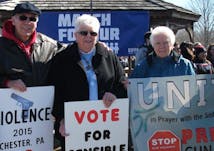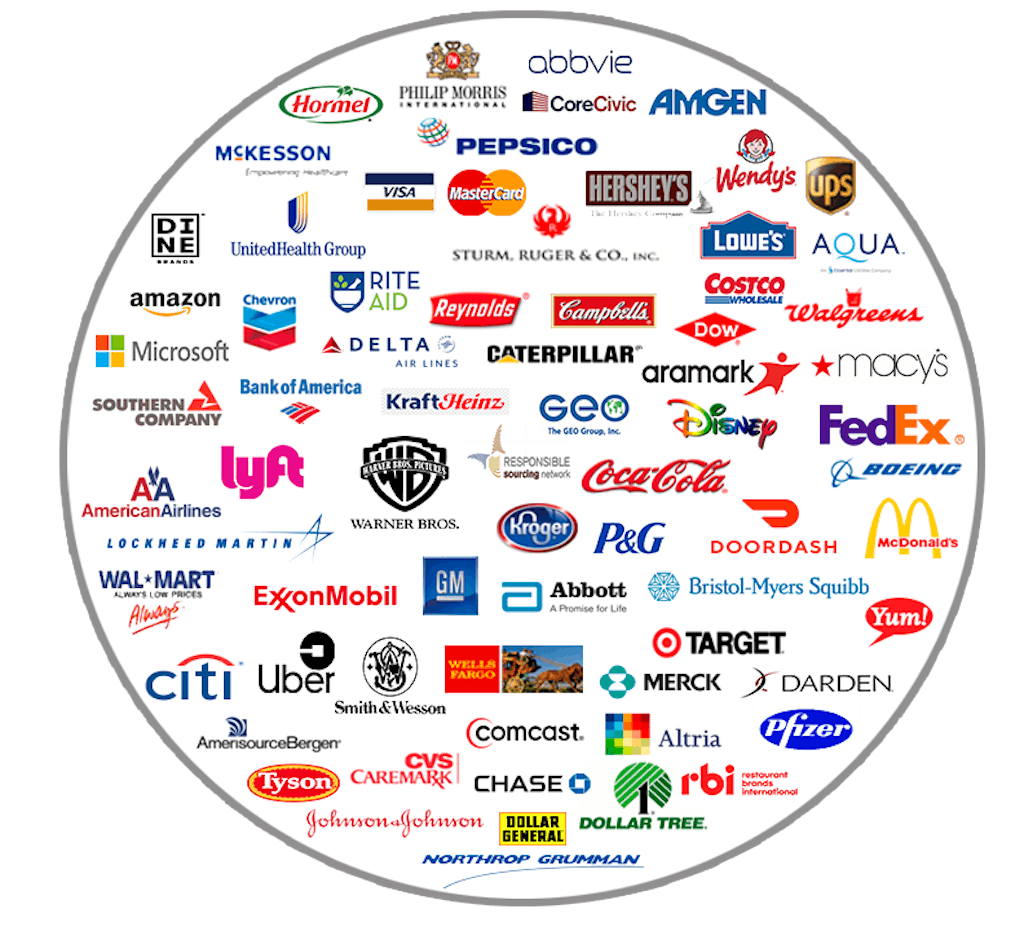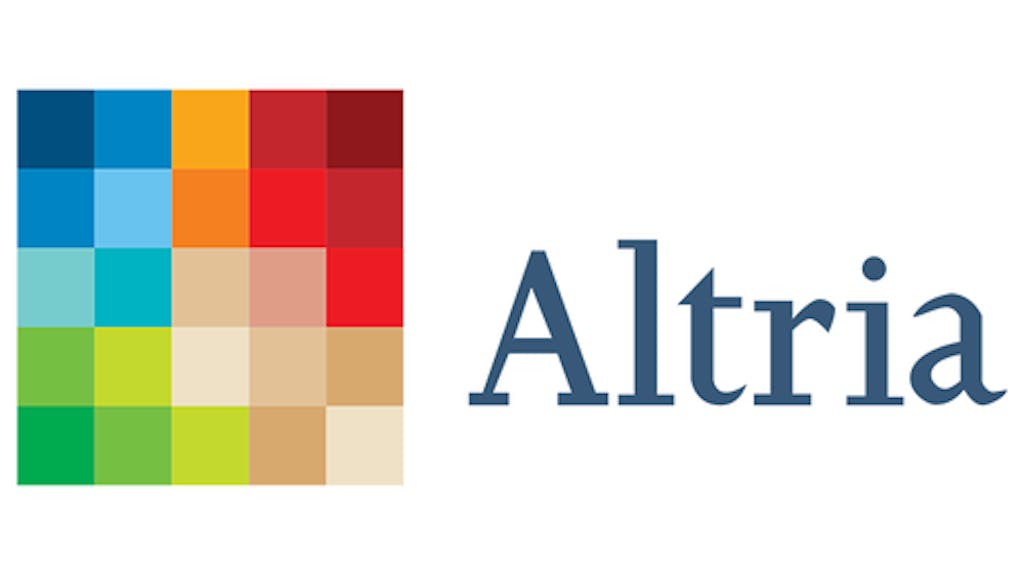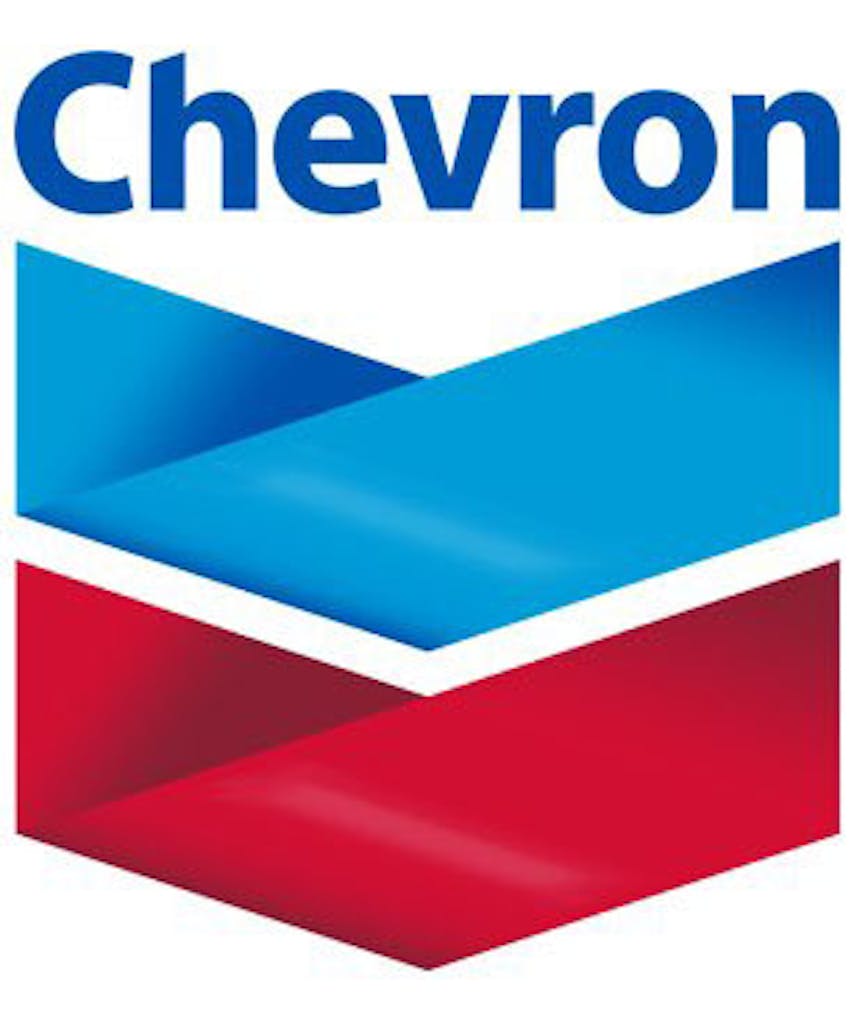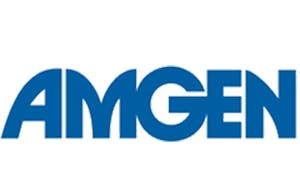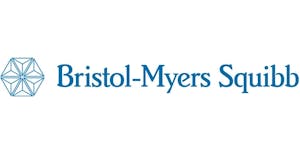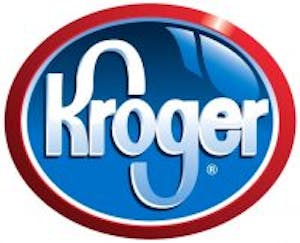CORPORATE SOCIAL RESPONSIBILITY
Annual Summary of Engagements with Corporations
2022-23
INTRODUCTION
The Sisters of St. Francis of Philadelphia’s Office of Corporate Social Responsibility prioritizes the issues of human rights and the impacts companies’ policies and operations have on individuals and communities. The UN Guiding Principles on Business and Human Rights calls on companies to respect human rights within their operations and throughout their value chains. Our collaboration with ICCR’s Investor Alliance for Human Rights (IAHS) has been fruitful in providing a road map to evaluating the risks and impacts of the companies with whom we engage. Corporate management and board members must provide leadership that addresses significant operational, financial, and reputational risks associated with adverse human rights impacts across all businesses. Although companies are quick to promote their
written human rights policies publicly, these words ring hollow without independent, third-party audits and assessments to verify the policies are correctly implemented.
All the actions below are filtered through the lens of human rights. Whether the issue is environmental, such as Southern Company’s environmental and health impacts from its operations on communities of color; health-related, such as Johnson & Johnson’s pricing of vital medicines; or focused on food, like Target’s decisions on promoting healthy foods, we insert the rights of all people and communities into the calculus.
The Office of Corporate Social Responsibility’s advocacy will continue to reflect the values of the Sisters of St. Francis of Philadelphia as we seek new avenues and strategies to achieve justice, equity, and opportunity for those most disenfranchised and vulnerable among us. Collaboration leads to success, which is generally evident in our shareholder work as members of coalitions. The Interfaith Center on Corporate Responsibility (ICCR), the Investor Environmental Health Network (IEHN), and Investors for Opioid and Pharmaceutical Accountability (IOPA) have allowed their members to leverage the group’s collective expertise and resources to maximize our influence on corporate decisions.
One crucial component of our Annual Corporate Report is highlighting some corporate engagements that took place over the past twelve months. In our corporate engagements, we are committed to making the moral and business case for corporate responsibility as seen through Environmental, Social, and Governance (ESG) risks.
HUMAN RIGHTS AND THE RIGHTS OF COMMUNITIES
Altria Group, American Airlines, Chevron, Citigroup, Delta Airlines, Lockheed Martin, Northrup
Grumman, Target, Tyson Foods, Wendy’s, Yum Brands
The companies named above have been engaged on a variety of topics, from trafficking (American, Delta, and Wendy’s) to racial equity audits (Altria, Chevron, and Tyson Foods) to human rights impact assessments (Lockheed Martin and Northrup Grumman). Resolutions were filed with Altria Group, Chevron, Citigroup, and Lockheed Martin. The Sisters of St. Francis was the lead filer for Altria, and the proposal received a robust 30.76% vote.
A resolution was filed requesting that the board commission an independent, third-party audit to assess the impact of the company’s policies, practices, products, and services on BIPOC (Black, Indigenous, and people of color) and Latinx/a/o/e communities, including youth.
The company spoke with our group twice and the dialogues convinced them to do an assessment, but they chose to make it an internal audit. They did agree to impanel an independent review board to study the resulting report. This is unacceptable to us, as this board cannot evaluate what hasn’t been covered by an internal audit. The proposal remained on the proxy and received 30.76% of the vote.
The Sisters of St. Francis have confronted Chevron for over a decade on numerous issues, including climate change and the environment. However, our focus this year has predominantly been on human rights and the company’s human rights policy. Led by our colleagues at Investor Advocates for Social Justice, our ICCR group filed a racial equity audit proposal asking Chevron to analyze the adverse impacts of Chevron’s policies and practices that discriminate against or disparately impact communities of color. Specifically, the audit should identify and recommend steps to eliminate business activities that further systemic racism and environmental injustice, threaten civil rights, or present barriers to diversity, equity, and inclusion. This is a tall order for a company whose industry has illegally drilled in land owned by indigenous people and laid pipelines through communities without consent. The company located refining facilities in vulnerable and poor communities, placing residents at significant risk to their health.
CITIGROUP
Citigroup has a history of financing projects and companies that violate Indigenous rights, most notably as a lead financier of the Dakota Access pipeline in 2016. Recently, Citigroup provided over $5 billion to Enbridge, enabling the widely opposed Enbridge Line 3 and Line 5 tar sands pipeline reroutes. As a response to these and other projects, the Sisters of St. Francis cofiled a resolution requesting that the company’s board of directors issue a report outlining the effectiveness of Citigroup’s policies, practices, and performance indicators in respecting internationally-recognized human rights standards for Indigenous Peoples’ in its existing and proposed general corporate and project financing. The proposal received a strong vote of 31.46%.
ACCESS TO HEALTHCARE
AbbVie, AmerisourceBergen, Amgen, Bristol-Myers Squibb, Johnson & Johnson, Merck, Pfizer
This engagement began with a letter from the Sisters of St. Francis reminding Amgen that pharmaceutical companies must ensure that advancements in life-saving medicine and technologies are available, accessible, and affordable to all people. We expect companies to adopt principles rooted in equality and justice and to safeguard the human right to health. Specifically, we asked that they:
Develop and implement a human rights policy based on the UN Guiding Principles on Business and Human Rights.
Adopt a business model that promotes the human right to health.
Observe the highest human rights standards in clinical trials.
Ensure equitable allocation of all healthcare products and services based on public health needs and the global burden of disease.
The letter led to a dialogue on 9/13/22, where the company listened to our points but was non-committal on future improvements.
A proposal was filed on the need to adopt a policy that no financial performance metric shall be adjusted to exclude legal or compliance costs when evaluating performance to determine the amount or vesting of any senior executive incentive compensation award. Working together with Investors for Pharmaceutical and Opioid Accountability, we negotiated a withdrawal agreement committing the company to enhanced disclosure and not to exclude legal and compliance costs when determining executive compensation.
Mercy Investment Services led the filing of a proposal questioning Johnson & Johnson about their practices regarding the issue of secondary and tertiary patents. This is a significant issue with all pharmaceutical companies, where a patent holder will make minor tweaks to a patented product to extend the life of the patent and retain exclusive rights to a medicine. There are legitimate reasons for companies to reformulate a product and request these types of patents occasionally, but it is often for financial reasons only. This proposal received a disappointing 14.42%.
CLIMATE CHANGE/WORKING FOR CLIMATE SOLUTIONS
Southern Company, United Parcel Service
SOUTHERN COMPANY
Led by Investor Advocates for Social Justice, the Sisters of St. Francis joined in filing a proposal asking the company to identify and reduce heightened environmental and health impacts from its operations on communities of color and low-income communities. As a result of the filing, Southern agreed to conduct an independent, third-party audit that “will focus on the company’s implementation of initiatives to support racial equity and inclusivity within our workforce and the communities we serve.” They will report on the results of their audit by the end of 2023.
This was a successful engagement with United Parcel Service, as our shareholder group requested, through a shareholder proposal, that the company annually disclose 1) their criteria governing direct and indirect lobbying and political expenditures, 2) the company’s process for identifying, evaluating, and addressing incongruency of its lobbying and political expenditures, and 3) all memberships and payments to trade associations and tax-exempt organizations engaged in lobbying and/or the drafting of model legislation. A productive dialogue followed our filing, and the company agreed to our conditions. The proponents withdrew the proposal.
WORKER JUSTICE
Aramark, Darden, Dine Brands Global, FedEx, Kroger, McDonald’s, Restaurant Brands International
With the turnover of contacts at Aramark, we are trying to re-establish a relationship to discuss relevant issues. At the top of the list are 1) paid sick leave policies and 2) the use of prison labor at correctional facilities where they have contracts. The company has contracts with state and county but not federal prisons. Although they have contended that they have no input on inmates getting assigned to work and cannot pay them, a great deal of controversy has followed Aramark in this work. Many anecdotal stories have accused the company of using the inmates as slave labor. We hope to get a dialogue in June or July of 2023.
FEDEX
Paid Sick Leave came into focus as an issue during the Covid pandemic, as workers in many low-wage jobs were required to risk their health by showing up to work while workers in other industries were safely at home. These workers, although not paid as such, became known as “essential.” FedEx does not fit the low wage category as well as some others, such as restaurant chains, but they were approached to find out how a company with a large, diverse workforce handles the PSL issue.
The Sisters of St. Francis led the engagement, which began as a dialogue but transitioned into a filing after the company gave less-than-candid answers to our questions. FedEx said it could not accurately assess its sick leave policies because they own six separate operating companies, each with its own human resources department and policies. The annual shareholder meeting should be held around September of this year.
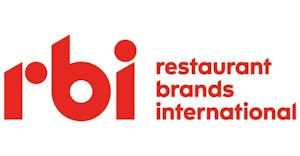 RESTAURANT BRANDS INTERNATIONAL
RESTAURANT BRANDS INTERNATIONAL
We began engaging with Restaurant Brands International during the Covid pandemic on worker issues. Led by SHARE (Shareholder Association for Research and Education), our group has focused on RBI paying its employees a living wage. Like many other restaurant companies, they have grudgingly raised wages due to the difficulty in recruiting workers, but wages still have not caught up to inflation. Exacerbating the problem is RBI’s business model, which employs a franchise system. This is a common theme in the food industry, with competitors McDonald’s and Yum Brands also claiming that they have limited influence on employee matters in franchised restaurants. The shareholder proposal received a disappointing 15.7% vote, but we will continue to push the company.
TOBACCO
Disney/ABC, Kroger, Philip Morris International, Walgreens Boots Alliance, Warner Brothers Discovery
The largest supermarket chain in the United States, Kroger operates pharmacies and health clinics within its stores and promotes good health in its corporate creed. Because of these very public efforts, we have engaged the company in its hypocrisy in selling cigarettes and other tobacco products. The Sisters of St. Francis have a long history with Kroger, dialoguing and filing shareholder resolutions on healthcare reform, nutrition, and working conditions in their supply chain. They have, at times, been very collaborative, while at other times, been difficult and even unresponsive.
We contacted the company before filing a resolution on their tobacco sales policy, and our contact strung us along for many months before completely cutting off communication. At that point, we had no choice but to file the resolution, which will be presented at the annual shareholders’ meeting on June 22.
Tobacco manufacturers have determined that the future of their industry lies in vaping and non-combustible products. Declining smoking rates and increasing legislation have convinced them that to stay in business, they must eventually abandon traditional cigarettes. These new products, while potentially less harmful to the user’s health, are still powerfully addictive.
The Sisters of St. Francis have joined Trinity Health in their shareholder proposal asking the company to disclose the nicotine levels of each of PMI’s brands and to begin reducing the nicotine to non-addictive levels. Unfortunately, but not surprisingly, the resolution only achieved 3.2% of the vote and cannot be filed again next year.
WALGREENS BOOTS ALLIANCE
For over a decade, we have held Walgreens’ feet to the fire over its decision to continue selling tobacco products in its pharmacies. Company representatives expressed an interest in discontinuing these products more than 10 years ago. Still, after numerous dialogues and shareholder resolutions, they stubbornly insist that selling cigarettes puts them in a better position to help customers quit. There is no logic to their stance except for greed. They cynically profit from the disease and the cure by selling tobacco and tobacco cessation products.
The Sisters of St. Francis filed a proposal asking the company to “report on the external public health costs created by the sale of tobacco products by their company.” Our resolution gained 10.3% of the vote, and because this is the second year, we have filed this proposal, we cannot file it again next year. Another avenue will be sought.
WATER & ENVIRONMENTAL POLLUTION
Dollar Tree, Essential Utilities, Lowe’s
I am continuing Sr. Nora Nash’s work with Dollar Tree and their involvement with toxic chemicals. Sr. Nora acknowledged some progress in their chemical policy but noted that much more work is needed. Dollar Tree has participated in the Chemical Footprint Project (CFP) survey in previous years, and we reminded them that the 2023 survey is now out. The company released its Sustainability Report and identified 17 chemicals they are removing from their products. Dollar Tree representatives don’t seem to be fully aware of the reputational risks involved in their lack of disclosing safer chemical management practices. Caroline Boden of Mercy Investment Services leads our group and has requested dialogue to follow-up on these issues this summer.
ESSENTIAL UTILITIES
Essential Utilities is the company’s name from a merger between Aqua America and Peoples—a Pittsburgh-based natural gas company. The issue we brought to the company’s attention is the presence of PFAS (a toxic, forever chemical) in the company’s water systems and wells. Much of the problem has come from using flame retardants on military bases that have seeped into the groundwater. A few dialogues, although productive, did not give us a full picture of the company’s efforts to address the PFAS problem.
Essential’s information on PFAS levels in their water systems was anecdotal and incomplete. We filed a shareholder resolution requesting better disclosure and negotiated with them to achieve it. They will include specific chemical information in all their sources and agreed to continued dialogue, where we will press them on reducing chemicals to non-detectable levels.
FOOD JUSTICE
Campbell Soup, Kraft Heinz, McDonald’s, Target, Yum Brands
Campbell Soup, a local company, has improved its nutrition profile over the years by divesting itself of some of the snack companies it had previously acquired. Our investor group dialogued with the company last fall, and we invited folks from the Access to Nutrition Foundation to participate. The latest CR report gives detailed information on Campbell’s new nutrition metrics and the Nutrition-Focused Food profiling system. It was developed a few years ago in consultation with third party experts, including dieticians and other sources. Sodium, however, is a moving target that continues to require reviewing and evaluating. They have internal processes and guardrails that the FDA guides. This is a complex issue and requires continuing dialogue.
The Sisters of St. Francis have pressed McDonald’s on numerous issues over the years, including food waste, payroll debit cards, and paid sick leave. Nutrition and adopting a more balanced menu have also been the focus of numerous engagements for more than a decade. This year, we cofiled a shareholder resolution, along with Green Century Capital Management and the Congregation of Benedictine Sisters of Boerne, Texas, requesting they adopt an enterprise-wide policy to phase out the use of medically important antibiotics for disease prevention purposes in its beef and pork supply chains.
Historically, meat producers have succeeded more in finding ways to reduce antibiotics given to chickens than to pigs or cows. Although our goal is to have producers eliminate all antibiotics, economics and demand have forced us to focus on eliminating antibiotics important to humans. The proposal was presented at the annual shareholder meeting, and we are awaiting the results.
GUN SAFETY
Smith & Wesson, Sturm Ruger, Visa
Gun violence has become an epidemic in the United States and no amount of bleating about Second Amendment rights can justify the carnage that has ravaged our country. A small group of faith-based investors from the Interfaith Center on Corporate Responsibility has steadfastly pushed gun manufacturers to become more responsible in all their operations. The Sisters of St. Francis cofiled a proposal asking S&W to conduct an independent third-party Human Rights Impact Assessment that would produce recommendations for improving the human rights impacts of its policies, practices, and products. We ask that the company follow the United Nations Guiding Principles on Business and Human Rights, which states that companies are responsible for respecting human rights within their operations and throughout their value chains. This resolution will be included in the company’s proxy statement and voted on at the annual meeting in September.
Sturm Ruger is a difficult company to work with, as they require investors to sign a confidentiality agreement to meet with their representatives.
Last year, the group withdrew their resolution on Human Rights Assessment for that reason but still had an unsatisfactory conversation. The group filed a proposal asking for an assessment of whether Ruger’s advertising and marketing practices may pose financial and/or reputational risks due to levels of gun violence. Because of the lack of progress with both gun manufacturers, our investor group partnered with a law firm, Newman Ferrara, to file a Books and Records Demand to inspect and copy certain books and records of the company to determine if the board’s failure to prevent the company’s profound and significant exposure to liability related to its manufacture, marketing, and sales of AR-15 rifles amounts to a breach of fiduciary duty, mismanagement, and/or wrongdoing. Sturm Ruger’s annual meeting is upcoming.
CONCLUSION
The congregation holds active membership in:
- Interfaith Center on Corporate Responsibility (ICCR)
- Northwest Committee for Responsible Investment (NWCRI)
- Investor Environmental Health Network (IEHN)
- Investors for Opioid and Pharmaceutical Accountability (IOPA)
Our membership in the organizations listed above as well as our active collaboration with organizations such as Ceres, Franciscan Action Network, Christian Brothers Investment Services, Walden Asset Management, Boston Common Asset Management and many other SRI managers enable us to effect change at the corporate level.
Thank you for reading and participating in this ministry. If you have any questions, please don’t hesitate to reach out: tmccaney@osfphila.org.
Tom McCaney




